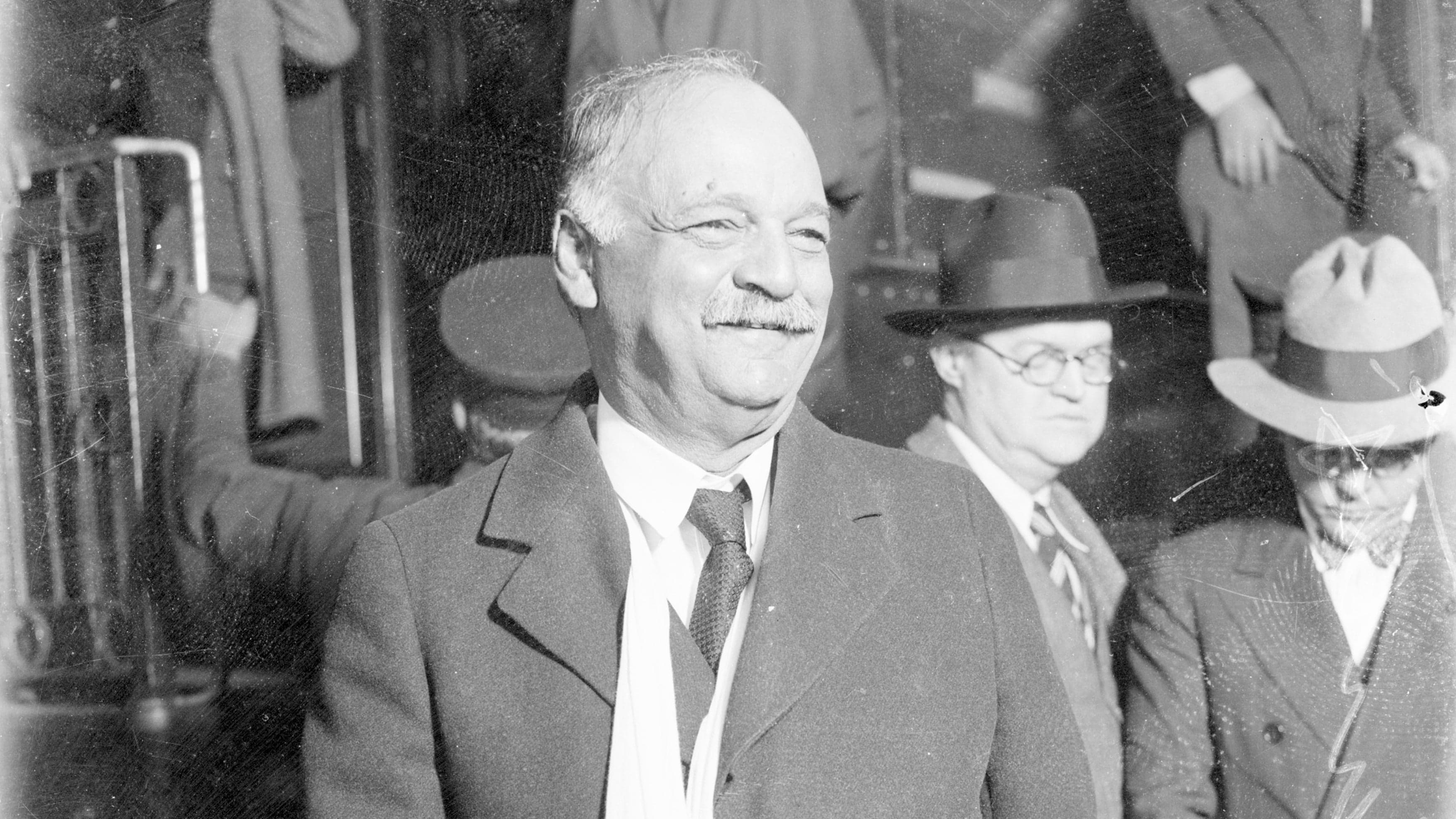Charles Curtis of Kansas becomes the first Native American to be elected to the United States Senate on January 23, 1907. His tenure later as Herbert Hoover's vice president made him the highest-ranking Native American ever to serve in the federal government.
Curtis was born in the Kansas Territory shortly before it became his state. His mother, Ellen Papin, was of French, Kaw, Osage and Potawatomi heritage, making him 3/8 Native American. As a child, he learned both French and Kansa, the language of the Kaw people, and spent much of his time on the Kaw reservation. He studied law and opened a practice in Topeka, eventually becoming a prosecutor and securing election to the House of Representatives in 1893.
Curtis' experience made him a proponent of Native American assimilation into American society. He successfully sponsored the Curtis Act of 1898, a law which stripped many Native American communities of their autonomy and paved the way for the selling of their communal lands to private individuals. Still a member of the Kaw nation, he was entitled to and received an allotment of land when his tribe's lands were divided up.
As Americans did not directly elect their senators until 1914, Curtis was first elected to the Senate by the Kansas legislature. After the 17th Amendment introduced direct election, the people of Kansas elected him three consecutive times. A gregarious man who valued personal connections, he developed a reputation both as a leader within the Republican Party and as a consensus builder. He held every leadership position during his tenure in the senate and was instrumental in securing passage of the 19th Amendment, which granted women the right to vote. In 1923, he sponsored the first of several unsuccessful attempts to pass the Equal Rights Act.
Commerce Secretary Herbert Hoover named Curtis as his running mate for the 1928 election, which he won in a landslide. Despite his groundbreaking career, near-unanimous respect from his colleagues, and his commitment to women's rights, Curtis is often overshadowed by Hoover, whose name became synonymous with the stock market crash of 1929 and subsequent Great Depression.
